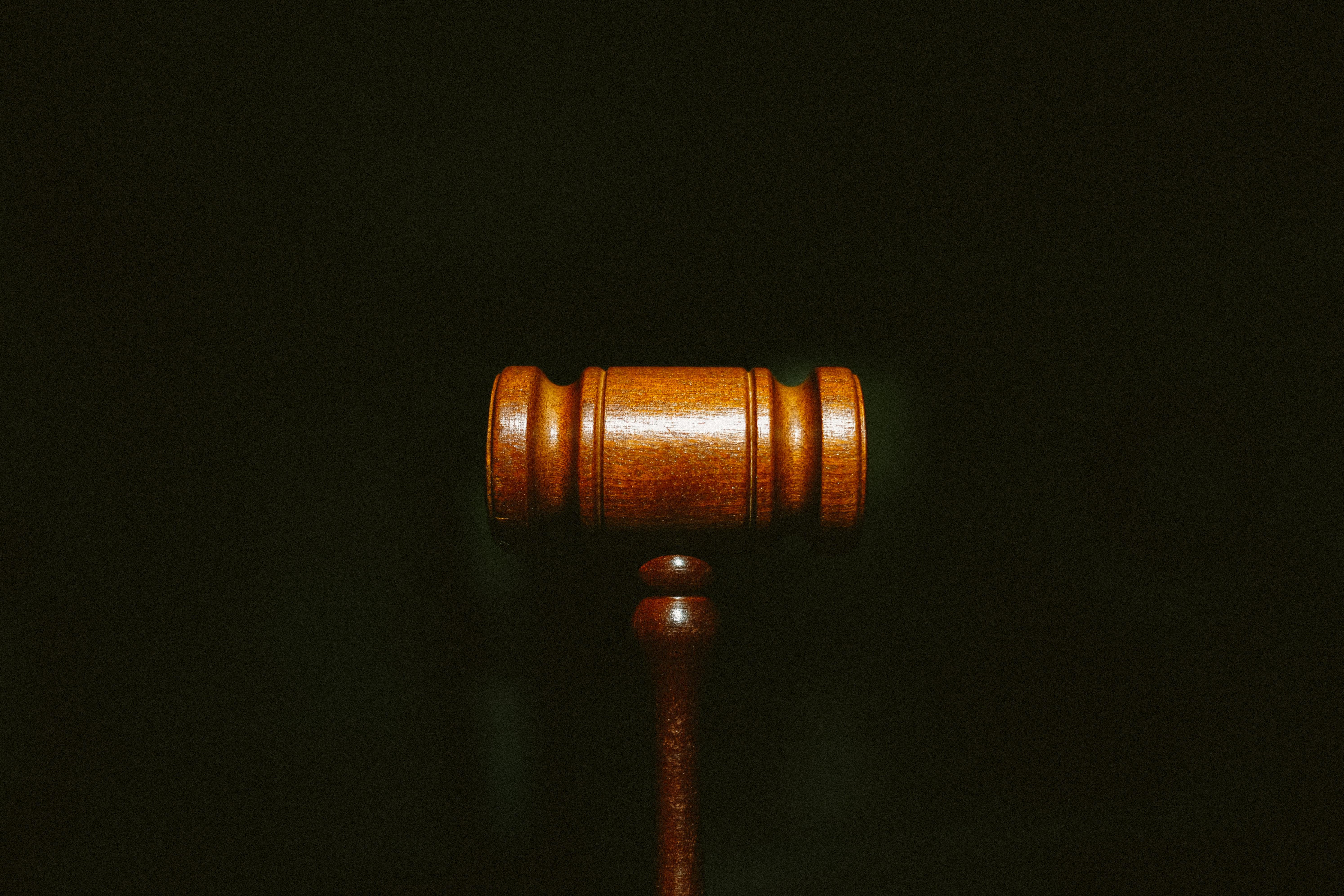Companies are judged more harshly for their ethical failures if the CEO is a woman

DeMorris Byrd / Unsplash
Gender inequality in the business world has been much discussed over the last few years, with a host of mentoring schemes, grants, business books and political activity all aimed at getting women into leadership positions.
But what happens when this goal is achieved? According to new research, unequal gender dynamics still prevail even at the very top. Nicole Votolato Montgomery and Amanda P. Cowen from the University of Virginia found that women CEOs are judged far more harshly than their male counterparts when a business fails ethically. However, when a failure is down to incompetence, they find, women receive less negative backlash.
In the first experiment, 512 participants were given a news article to read about a car manufacturer, and then asked to fill out a survey on whether or not they would buy from the company. A third of participants read about an ethical failure (the company had known of a vehicle’s defect but done nothing about it), a third read about a competence failure (the company had not known about the failure) and a third simply read a description of the company. Gender of the company’s CEO was varied: some participants read that the CEO was named Adam, whilst others read they were named Abigail.
Participants were then asked how likely they were to buy a vehicle from the company, answered questions on the organisation’s competency, dependability and trust, and rated how severe they felt the failure was on a seven point scale.
When an ethical failure had taken place, participants expressed less intent to buy a car from the company if they had read that the CEO was a woman than if they had read it was a man. But when the company wasn’t aware of the defect, they were more likely to report intent to buy if a woman was at the helm. There was no difference in intent for participants who read just the company description.
In the second experiment, 416 participants read the same news article as those in the first — but in this piece of writing, female and male CEOs were described with either “communal” traits, stereotypically associated with women — e.g. “helpful”, “sensitive”, and “good at listening” — or “agentic” traits associated with men — e.g. “independent”, and “works well under pressure”. Participants were then given the same survey questions as in the first experiment.
When participants read about an ethical failure where the CEO’s traits were congruent with stereotypes — women as helpful, men as strong, for example — results from the first experiment held: intent to buy from the female-led company was lower. But this changed when the stereotypes were inconsistent with the CEO’s gender: participants were less likely to buy from an organisation led by a man described as “helpful” and “sensitive” than one led by a “independent” and “strong” woman.
The team suggests that highlighting such traits in female leaders can “reduce the penalties for female-led organisations”. But others argue that women leaders shouldn’t give in to the pressure of adopting typically “male” traits, and that being helpful and community-focused are actually positive things to bring to the board room. Leaning into stereotypes may not be the best way, long-term, to break them — but either way, it’s clear there’s still a way to go for women in business.
– How Leader Gender Influences External Audience Response to Organizational Failures
Emily Reynolds (@rey_z) is a staff writer at BPS Research Digest.
Reprinted with permission of The British Psychological Society. Read the original article.





